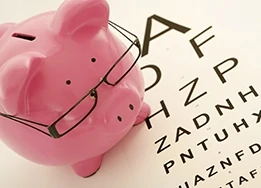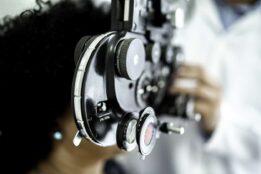Changes to Health Saving Accounts in Response to COVID-19

The U.S. federal government recently passed the Coronavirus Aid, Recovery, and Economic Stabilization Act – also known as the CARES Act – which gave people some additional flexibility in how they can use health savings accounts (HSAs) and flexible savings accounts (FSAs) for medical expenses.
We discuss the value of these tax-exempt savings accounts in this article, but basically, HSAs and FSAs let people save money in these accounts tax-free, which reduces their overall taxable income and gives them access to funds for certain, qualified, medical costs.
Health savings accounts are used in conjunction with a high-deductible healthcare plan (minimum deductible of $1,400 for an individual, $2,800 for a family). It is estimated that 20 percent of workers have a high deductible health plan through their employer. The CARES Act qualifies over-the-counter health product expenses, in addition to prescription medical expenses, for HSA funds.
The expanded list of qualified benefits allows people to use their tax-free HSA funds to pay for first aid supplies they may need to care for themselves or family members should they contract coronavirus or any other illness. These include:
- Thermometers
- Gloves
- Cleansing wipes
- Over-the-counter cold medicines
- Over-the-counter allergy medicines.
The cost of these basic care necessities can add up, so being able to pay for them with tax-free money that reduces the overall tax burden for a person or family can be meaningful savings. Interestingly, many of these basic care necessities are standard for emergency preparedness kits, so being able to pay for stocking up with HSA funds is a real benefit.
For the tax year 2022, individuals can contribute up to $3,650 a year in an HSA and up to $7,200 a year for family coverage, and the deadline to contribute to HSAs for 2021 is April 15, 2022. Importantly, HSA funds can be used for many eye care and vision correction products including:
- Prescription eyeglasses
- Contact lenses
- Contact lens solutions
- Vision exams
- Laser vision correction procedures
During the coronavirus health crisis, public health officials have strongly urged people to avoid touching their faces as it is a likely mode of transmission of the virus. This recommendation is hard to follow for people who rely on glasses and contact lenses to see well – both of which require frequent and, oftentimes, invasive face touching. Ensuring each adjustment is done only with freshly-washed hands is the best recourse for those needing prescription lenses to see well.
Naturally, the circumstances have people with vision problems considering their options, including elective laser vision correction procedures. Now is a great time to research the treatments available, including LASIK and SMILE. Many ophthalmologists are offering virtual visits for patients who are interested in talking through the risks and benefits of various procedures as well as reviewing the process for becoming a qualified candidate for laser vision correction. Contact your eye doctor to learn more about managing your vision correction safely through the pandemic.




